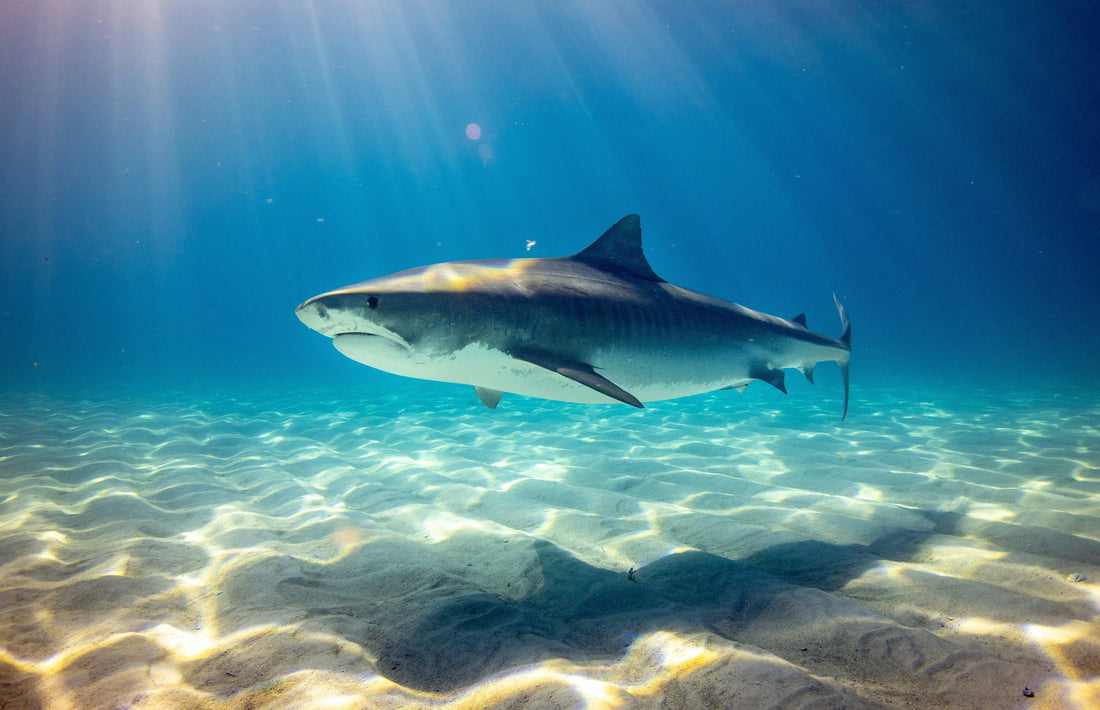As global ocean temperatures rise, sharks and rays are being forced to adjust their ranges. NOAA Fisheries highlights how warming seas and stronger storms drive both the predators and their prey toward new territories.
For example, oceanic whitetip sharks (Carcharhinus longimanus) track their prey, which rely on cool-water nutrient upwellings. With those upwellings shifting, shark movements are changing too.
Habitat Quality & Prey Availability
Prey species, tuna, squid, baitfish, depend on complex ocean currents and cool upwellings to thrive. As temperatures climb, these conditions become less predictable, affecting the food supply for higher-level hunters like sharks.
NOAA explains that these changes can cause sharks to enter new areas, sometimes closer to shore, increasing encounters with humans.
Physiological Strain & Adaptation
Sharks are ectothermic, meaning their body temperature aligns with ambient water temperature. Some species, like the oceanic whitetip, dive deeper to cool down or hunt in cooler layers. However, these deeper zones may hold fewer prey, forcing sharks to expend more energy and explore alternative habitats.
Higher temperatures can also adversely affect shark reproduction, growth, and immune function, though research in this area is still in early stages.
Ecosystem Ripple Effects
Sharks play a crucial role in ocean ecosystems by controlling fish populations and maintaining reef health. Climate-induced shifts in shark behavior can alter ecological balance, potentially disrupting food webs.
Why This Matters for Us
As shark behavior changes, so does their interaction with humans. Sharks moving into new territories, including near beaches, dive sites, and surf locations, may elevate safety risks. This makes shark management and safety gear (including Shark Stop’s protective wetsuits) even more essential.
What Can Be Done?
-
Support marine research & monitoring: Tracking shark movements helps anticipate and mitigate human–shark conflicts.
-
Promote shark-safe policies: Marine protected areas should be adaptive to account for shifting shark routes.
-
Adopt proactive safety measures: For ocean-goers, understanding shark movement patterns and using protective gear can reduce risk.
Climate change is reshaping the ocean, not just the water temperature, but the behavior, habitat, and survival of its apex predators.

